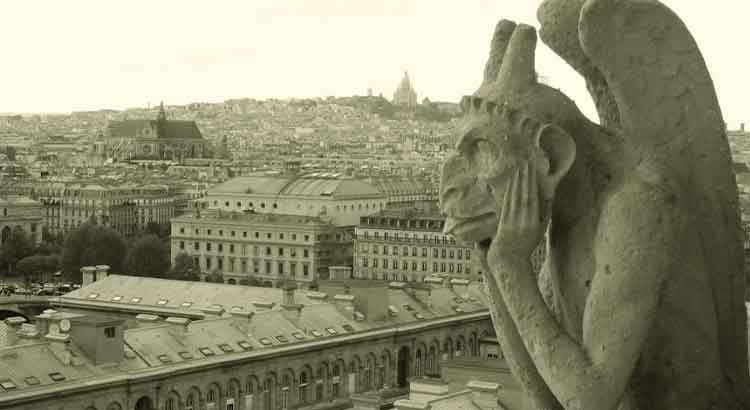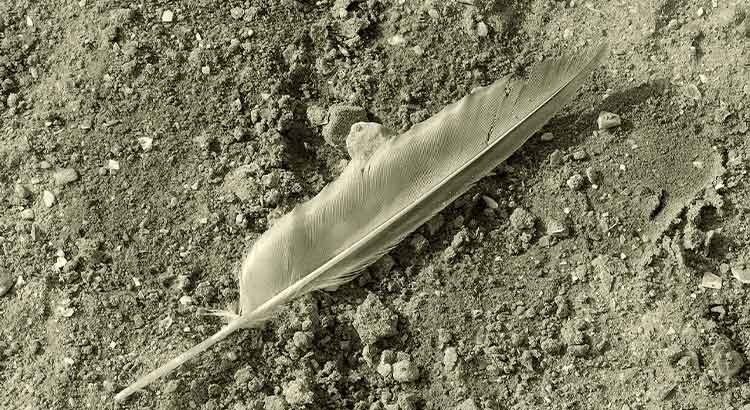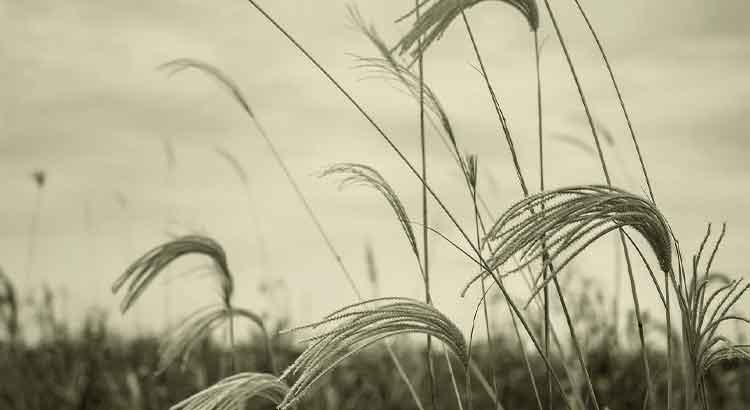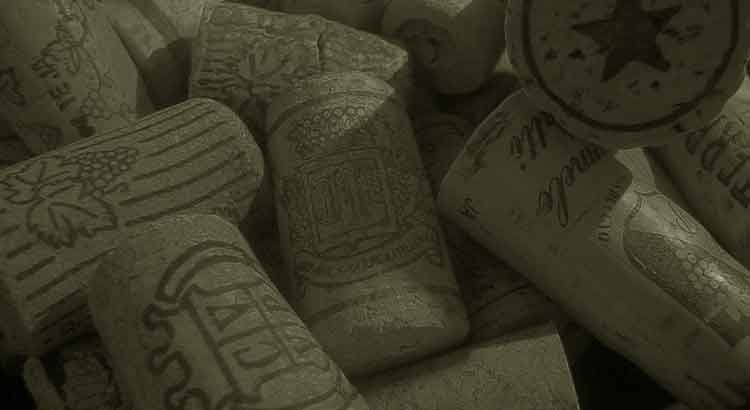No matter how much one speaks against the obscurity of Symbolism or, more specifically, of the Symbolist poets, the truth is that there is something brilliant and very curious about this expressive technique that seems to be hidden when, in fact, it opens up to unfathomable possibilities. In poetry, words acquire an unusual weight when evoked. A verse devoid of syntactic nexus but abundant in suggestive words will indeed have a strong effect on the mind of the reader. If one constructs “Rainy day; pain; fatigue and discouragement”, although not logically connected by an argument, the mind, upon reading such words, immediately relates them and forms an image possessing the logical link that seems to be missing. Thus, the poet manages to make them manifest themselves in individualized nuances for each reader. If, at times, obscurity can be boring, at other times it can generate very interesting and almost unlimited effects.
Tag: literature
Is Rhyme Indispensable?
Although I particularly appreciate rhymed verse, I would never endorse Bilac and Guimarães Passos, who maintained “that in any verse composition one must not prescind from rhyme. It is indispensable”. There are several reasons for this. But one of them deserves special mention. I do not know how the aforementioned poets composed, but it seems necessary to me, after skipping the whole process of ideation of the poem, that a draft be made of it. If I want to make rhymes, then I first sketch the poem in blank verse, to then concentrate on the rhythm, the rhymes, and the careful selection of words. I realize clearly that if I were to worry about rhymes at this point in the draft, it would only hinder my creative impulse, interrupting the flow of ideas to open a dictionary, something absolutely counterproductive. Therefore, I have to conclude that this creative impulse, in its spontaneous form, calls for manifestation in blank verse—not to say free verse. Well then: I know that not every great artistic effect is spontaneous, quite the contrary, as almost all the brilliance of a work comes from carefully thought out details. Rhyme, therefore, although an artificiality, is justified. But practice shows, time and time again, that to rhyme verses is to adulterate them, and even though one may gain in beauty by doing so, that initial naturalness is lost. Finally, I get where I want to go. There will be verses in which the poet will be so stimulated that he will feel himself emotionally pouring his soul out onto the paper; verses that will come out like an avalanche, that will express his innermost self and will spring forth with a momentum and sharpness different from what he normally creates. I am not sure how much is gained by rhyming such verses, I mean, it seems to me that the poet who deforms them to fit formalities may commit a crime against himself and insult the very singular moment in which he conceived them.
Everything Indicates That I Will Complete a Full Year…
Everything indicates that I will complete a whole year of exclusive dedication to fifteen miserable poems or, more precisely, to about one thousand seven hundred verses. Laugh, Hugo, laugh! And, at the end of the process, there will be no publication, because it is necessary for the verses to rest—although it seems that this is what they have been doing in the last months. Were these notes not a very efficient way to give vent to the ideas that come and pile up, I would be faced with an impregnable mountain of annotations. I have, at the bottom, some forty perfectly idealized short stories that require no more than a day’s work to be realized on paper. Besides, I do not know how many plots for novels, plays, or whatever. Even for poems, there are excesses that could not be used in this volume. And I am left wondering how, in the past, artists who did not have secretaries would organize themselves after ten, twenty years of creative work. Without a computer, it seems to me that I would be forced to give up…
The Great Genius Most Often Lives Hindered
I believe it was Carpeaux who noted that the great genius most often lives hindered by circumstances. And even if he does not want to, even if he resists, a force seems to set him in motion, prohibiting unproductive inertia. Thus we have the most common profile: an individual neither poor, nor rich; neither totally deprived of means, nor blessed with too many facilities. He takes action; he does it because he needs to, because he feels pulsating a desire and a need to surpass himself, to elevate himself, which is nothing more than a flat refusal of his actual conditions. From this, he acquires an unbreakable motivation, ready to go to the ultimate consequences to achieve what he has set out to do. He adapts as best he can to the momentary hindrances and goes forward, always forward. Then, all this complex set of circumstances that Pessoa talks about, especially those of the environment, makes his spirit exceptionally vigorous, so that he is finally benefited by the necessary—as Pessoa also notes—”minimal episodes of luck”. It is a very interesting phenomenon, and one that makes one think…



